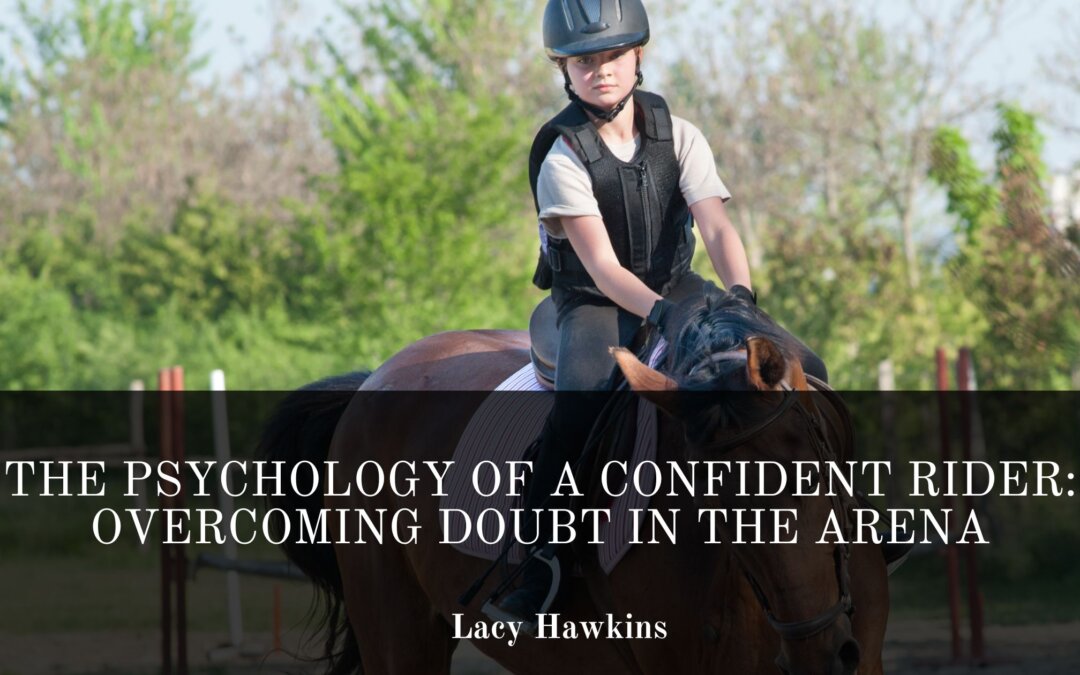Confidence isn’t just a trait—it’s a skill that riders must actively develop. The psychology behind a confident rider is rooted in mental resilience, self-awareness, and the ability to manage fear and doubt. Whether you’re a beginner or a seasoned equestrian, the mental game is just as important as physical technique.
Understanding the Roots of Doubt
Riding involves a level of vulnerability. You’re working with a large, sensitive animal and navigating the unpredictability of both horse and environment. Doubt often stems from fear of failure, past falls or injuries, fear of judgment, or unrealistic expectations. Recognizing the source of your anxiety is the first step toward managing it.
Reframing Failure
Many riders view mistakes as proof they’re not good enough. Instead, adopt a growth mindset. Every missed distance, awkward transition, or nervous moment is an opportunity to learn. Top riders don’t become confident because they never fail—they become confident because they’ve learned from every failure.
Set Achievable Goals
Confidence builds through small wins. Set realistic, short-term goals tailored to your current skill level. These might be as simple as cantering one full circle without tension or riding a trail alone. Success reinforces belief in your ability, while overwhelming yourself with large, undefined goals can erode confidence.
Visualization and Mental Rehearsal
Elite athletes across all sports use visualization to mentally rehearse their performances. Before you ride, picture yourself executing tasks smoothly—whether it’s a jumping course, dressage pattern, or simple walk-trot transitions. This practice primes your brain for success and reduces anxiety.
Control What You Can
You can’t control everything—your horse might spook, the weather might shift, or a competition might not go as planned. But you can control your preparation, mindset, and reaction. Focus on these controllable elements to create a sense of agency in uncertain moments.
Build a Supportive Environment
The people around you influence your confidence. Ride with instructors who offer constructive, encouraging feedback. Surround yourself with fellow riders who uplift rather than critique. A supportive atmosphere fosters risk-taking and learning without fear of humiliation.
Practice Presence
Confidence thrives in the present moment. When your mind fixates on past mistakes or future “what-ifs,” you disconnect from the horse underneath you. Use grounding techniques like focusing on your breath, your seat bones in the saddle, or your horse’s rhythm to bring yourself back to the now.
Final Thoughts
Confidence isn’t about bravado or perfection—it’s about belief in your ability to problem-solve, adapt, and keep growing. Even the most accomplished riders experience moments of fear and self-doubt. The difference is, they’ve built the psychological tools to ride through them. By cultivating awareness, embracing mistakes, and staying mentally engaged, you can become a more confident and capable rider—in and out of the arena.
